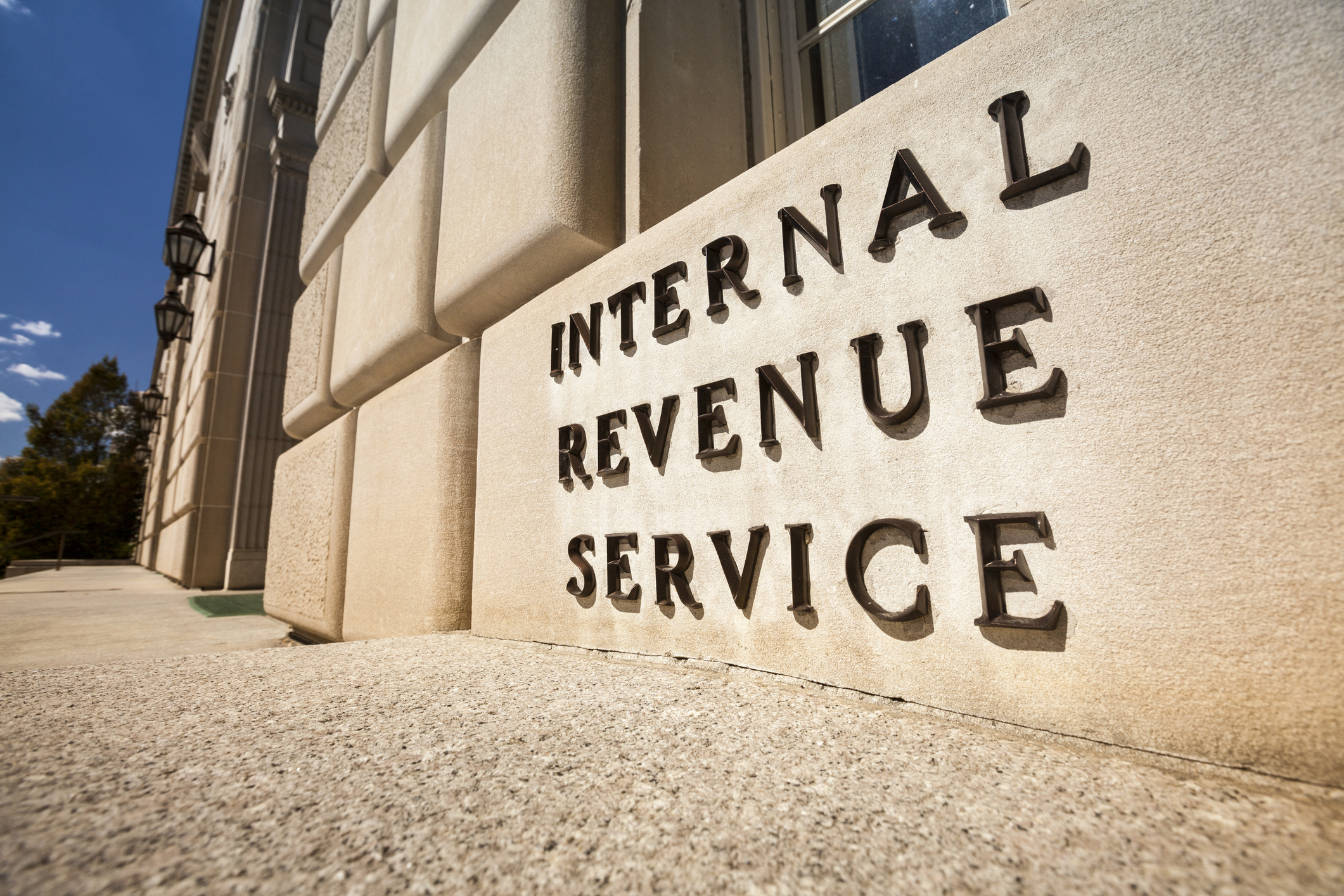2023 Tax Season: Impact of Potential Government Shutdown
As the United States gears up for the 2023 tax filing season, the specter of a potential government shutdown looms, presenting a significant challenge for taxpayers and the Internal Revenue Service (IRS). Lawmakers in Congress are engaged in a critical race against time to prevent this shutdown, with two pivotal deadlines on the horizon: January 19 and February 2. Failure to reach an agreement could lead to a cessation of nonessential government operations, potentially complicating and disrupting the tax filing process, as outlined by IRS Commissioner Danny Werfel.

During a recent briefing with journalists, Commissioner Werfel explained that while the IRS is legally permitted to maintain certain crucial functions even in the absence of funding, the impact of a government shutdown can be highly disruptive. He emphasized the increased risk of a less efficient filing season, a concern that grows more acute as the deadlines approach. Although efforts are underway to extend these deadlines to early March, such extensions would still leave a narrow window for Congress to broker a deal.
Personal finance experts are closely monitoring the situation, noting its implications for various tax-related matters. Among the topics under scrutiny are the bipartisan tax deal that could enhance the child tax credit for 2023, strategies for savers in 2024, including locking in Certificates of Deposit (CDs), and the qualifications for President Biden’s expedited student loan forgiveness.
The IRS, which has weathered shutdowns in the past, now faces the unprecedented prospect of such an event occurring amidst the tax filing season, according to Werfel. He assured that the IRS would exert every effort to minimize the impact of a shutdown on taxpayers.
While some tax preparers have already started accepting returns for 2023, the official commencement of the tax season is slated for January 29, the date when the IRS begins processing filings.
In the event of a shutdown, the extent to which IRS operations would be affected remains uncertain. The U.S. Department of the Treasury, in September, released a contingency plan for the IRS, outlining essential operations in the event of lapsed appropriations for fiscal 2024. However, clarity is sought regarding which IRS employees would remain active, especially during the filing season. The American Institute of CPAs (AICPA) has urged Treasury Secretary Janet Yellen and Commissioner Werfel for updates on the plan, particularly concerning filing season activities.
The potential shutdown raises concerns about IRS services like phone assistance, taxpayer centers, refund processing, paper correspondence, and automated notices. These concerns were echoed in a letter from the AICPA, which referenced interpretations from the National Taxpayer Advocate.
Should Congress fail to reach a resolution or pass a stopgap funding measure, it could significantly hinder the IRS’s ongoing progress and new initiatives. Former IRS Commissioner and current Alliantgroup Vice Chairman Mark Everson pointed out the challenges posed by backlogs, such as those related to the employee retention tax credit, and the impending launch of the Direct File pilot program, a free filing initiative directly through the IRS for certain taxpayers.
Moreover, the IRS is under increasing pressure to enhance its services, following recent funding boosts and efforts by some Republican lawmakers to retract this funding. Everson remarked on the extensive list of objectives the IRS is pursuing, emphasizing the detrimental impact a shutdown could have on these efforts.
To start your journey as a tax client, you can start here.
Let’s find your way to tax and accounting peace of mind
Let us be part of your journey towards success.